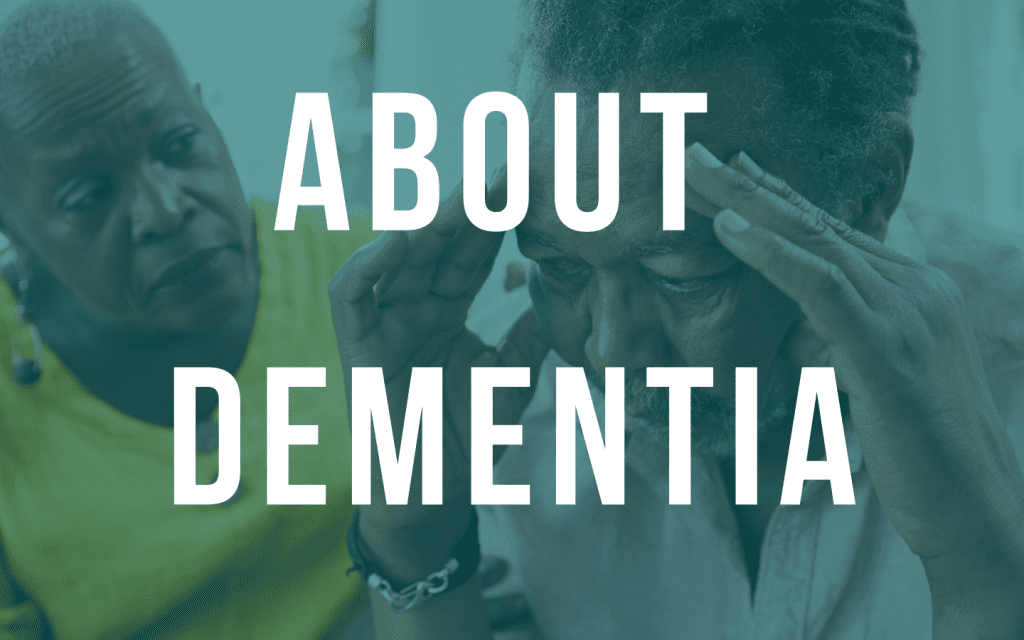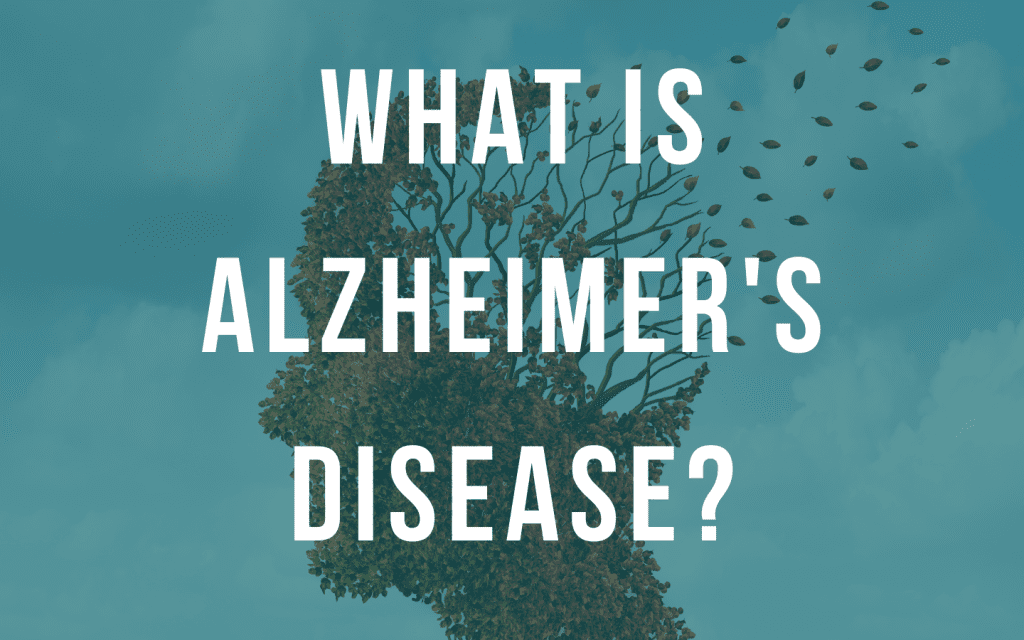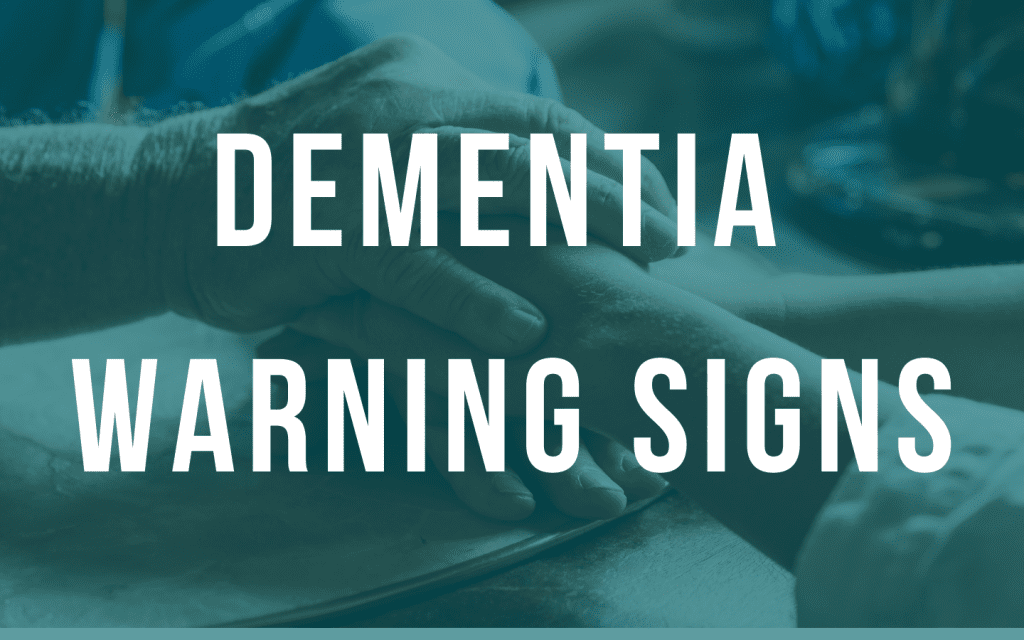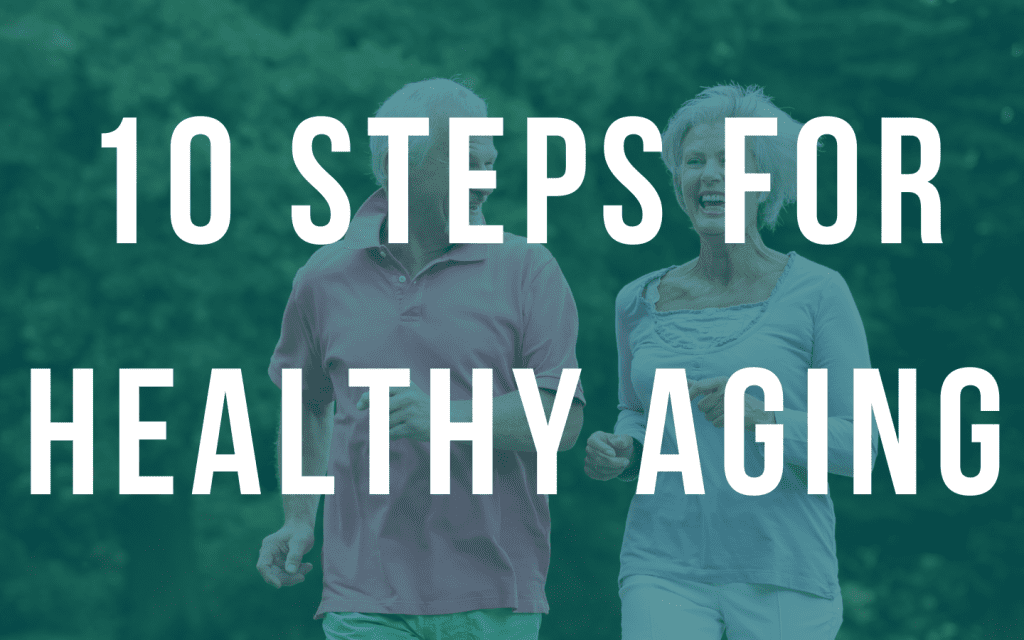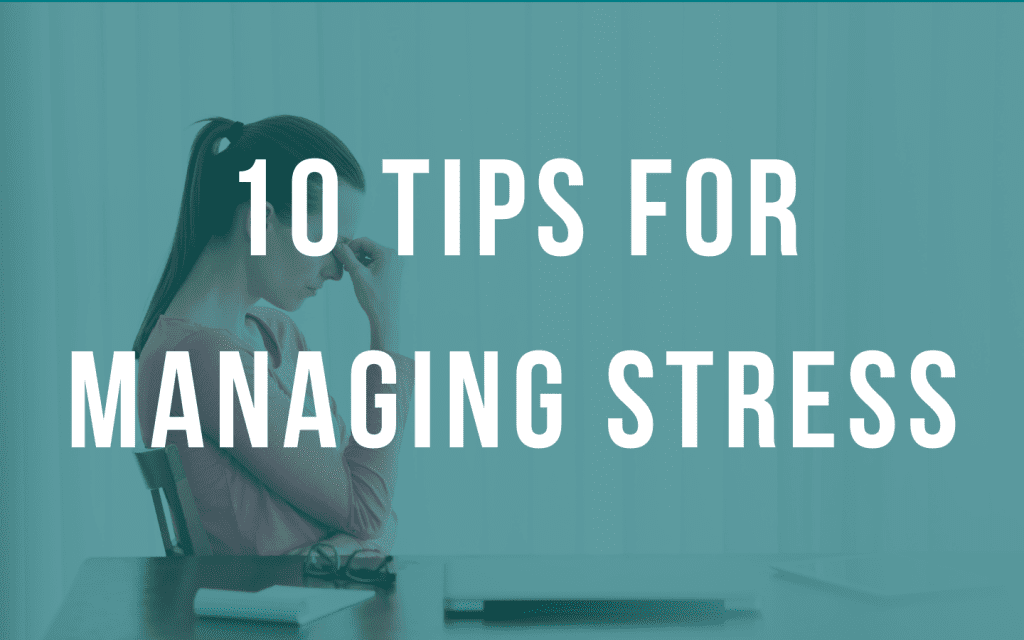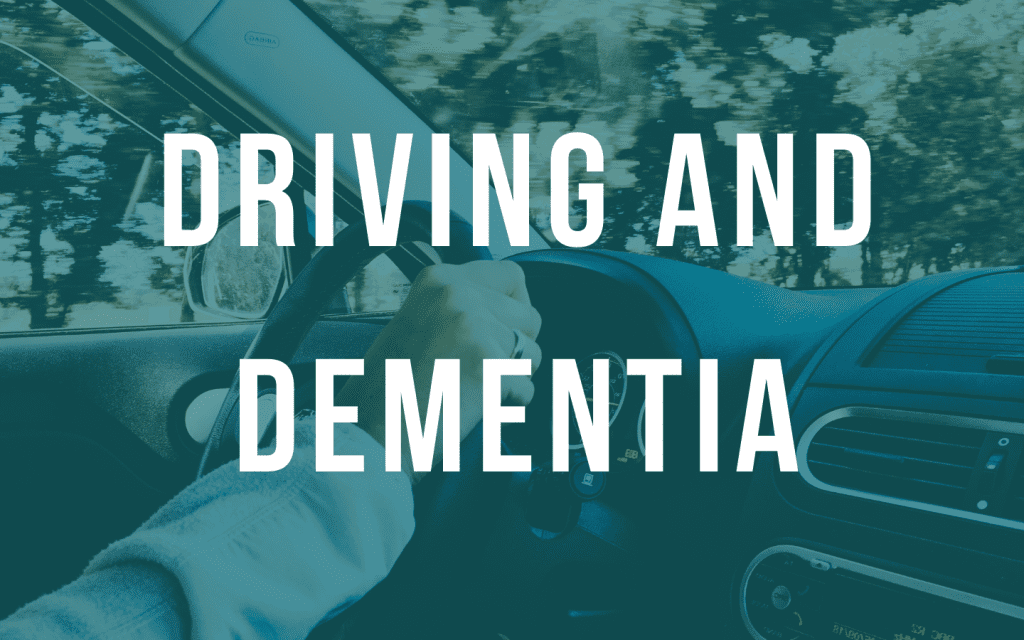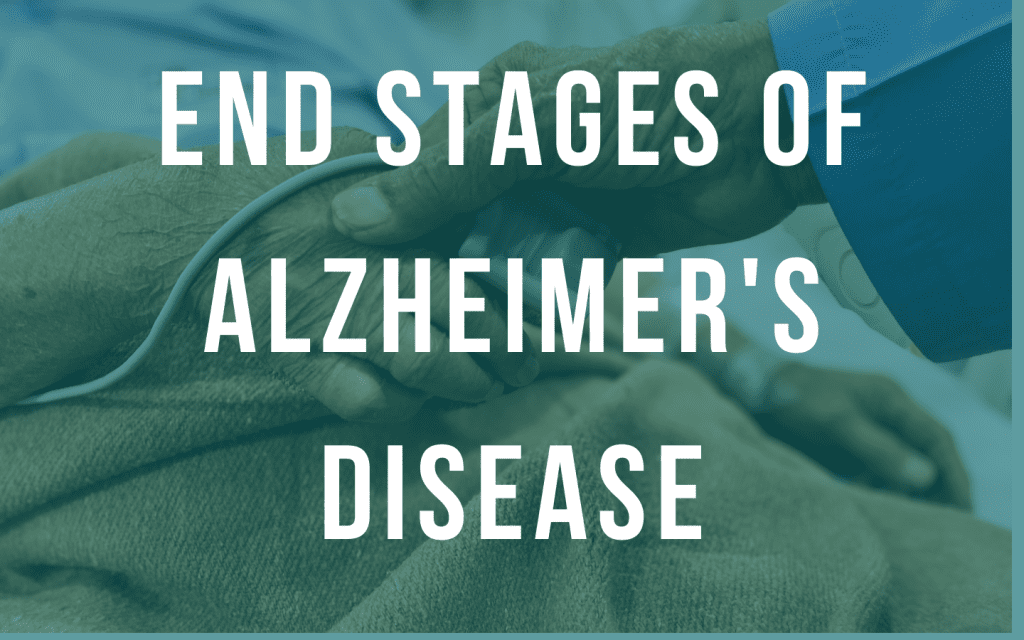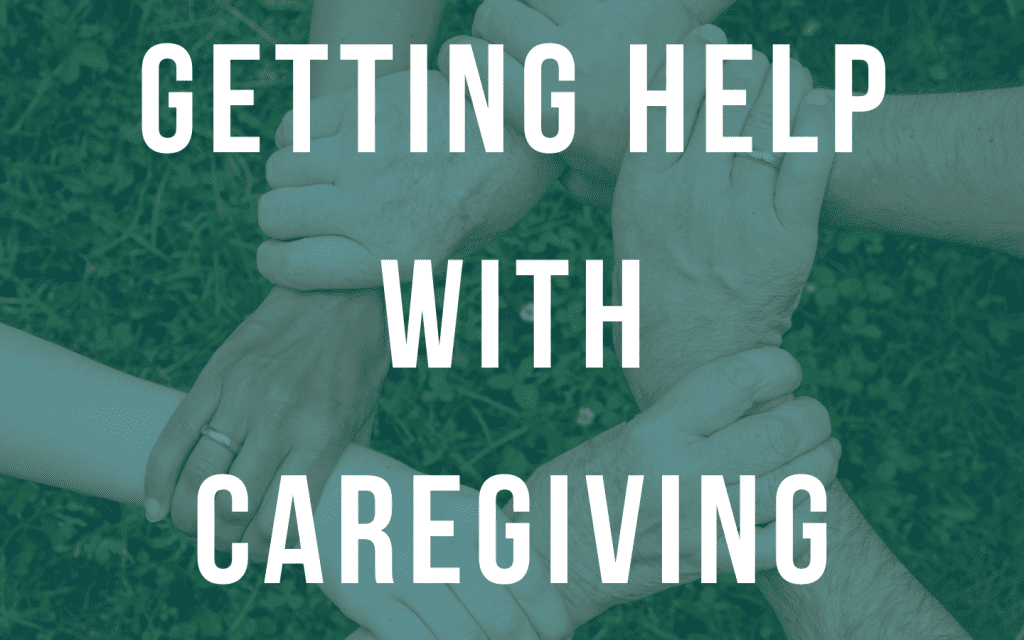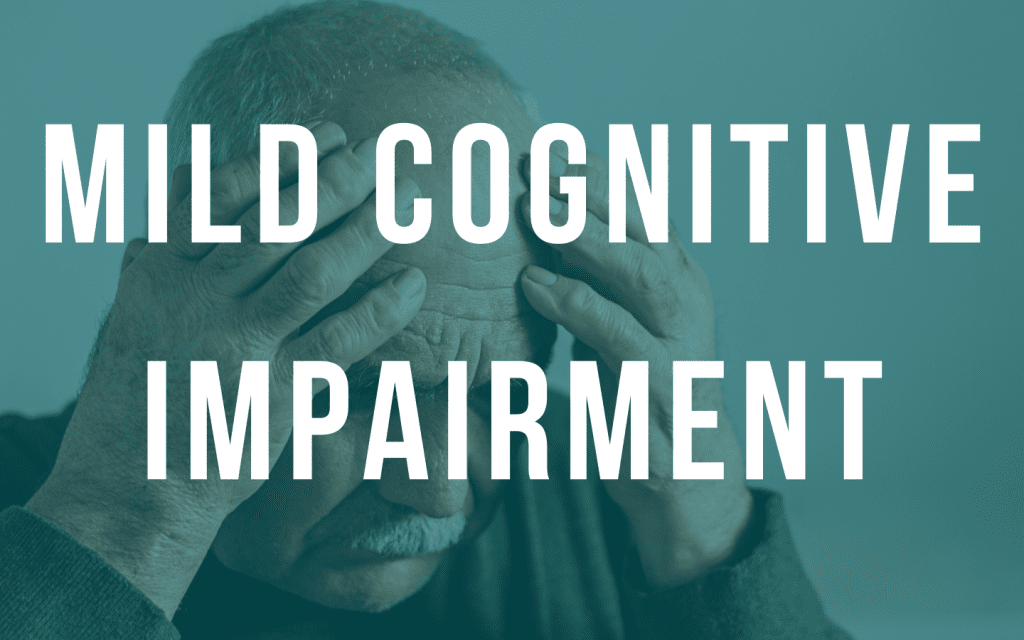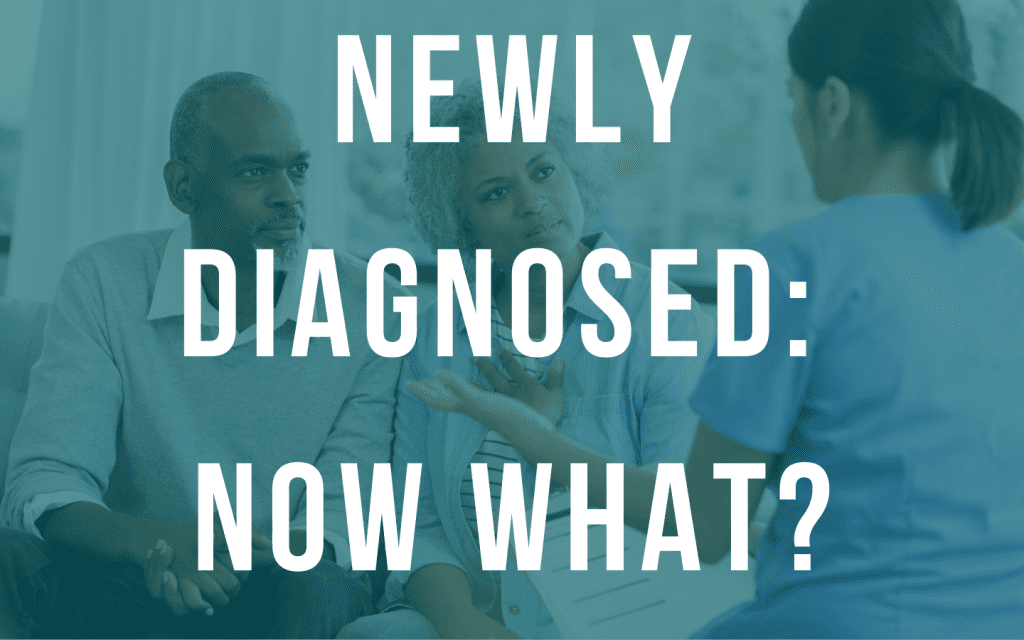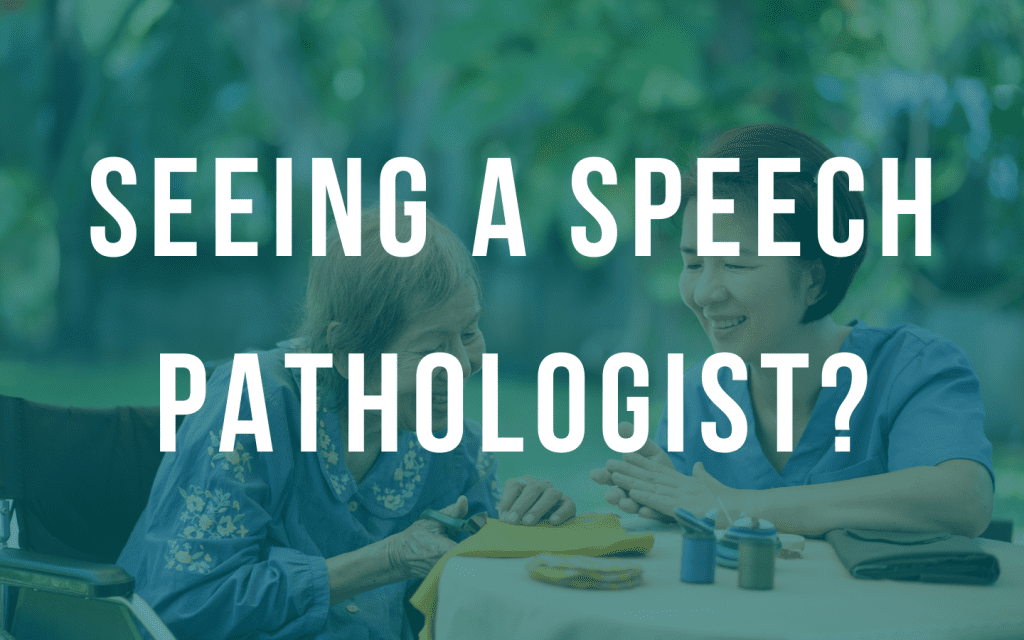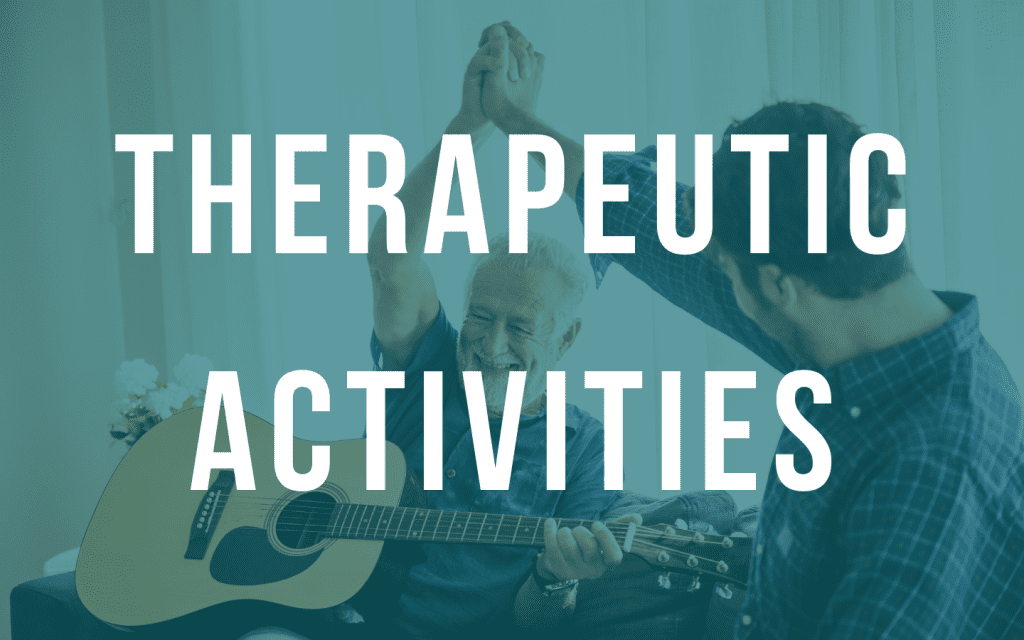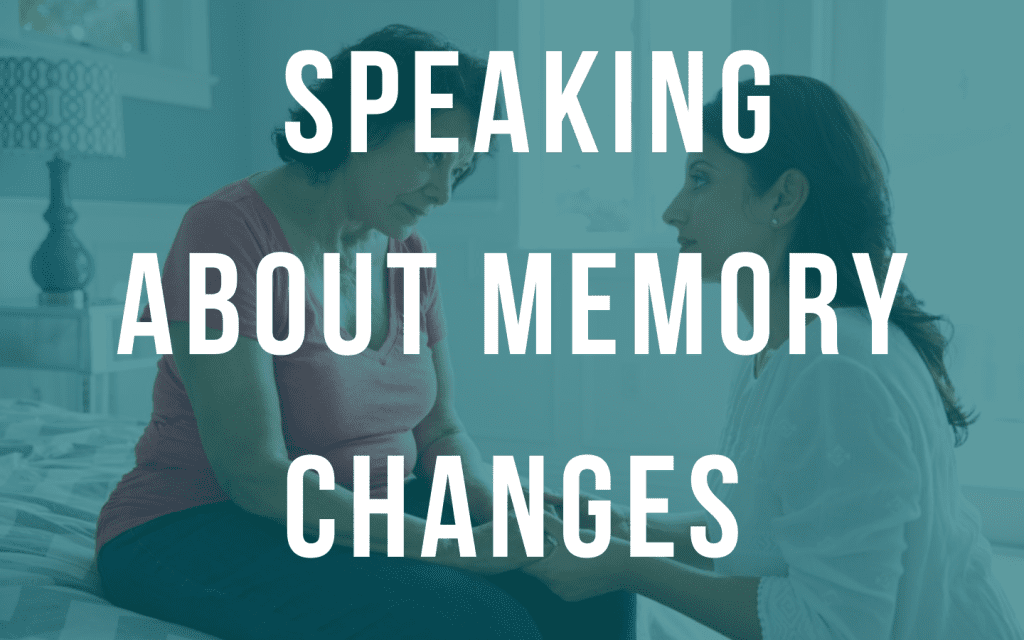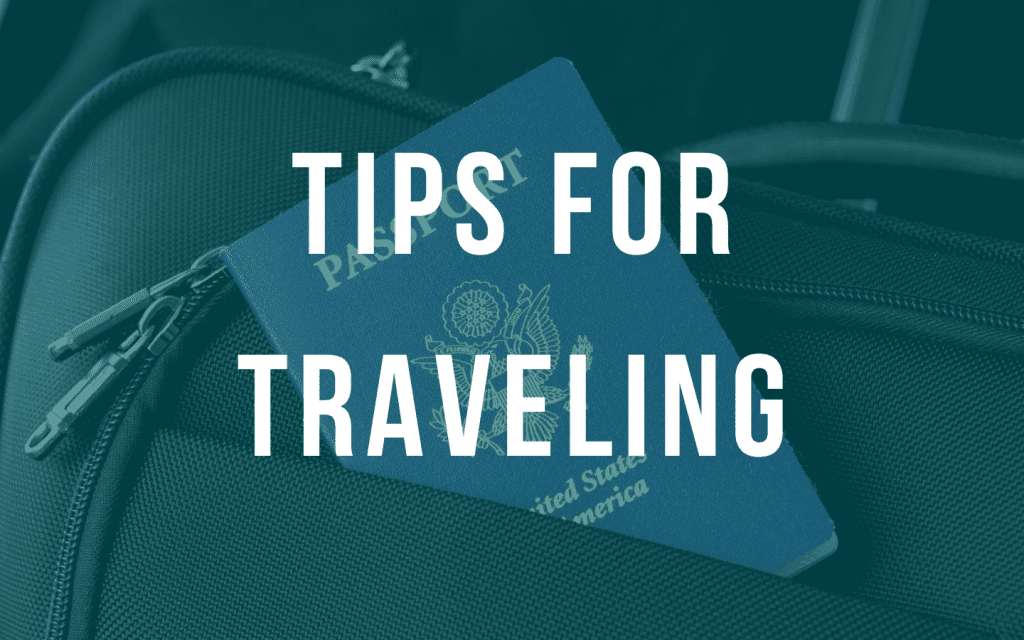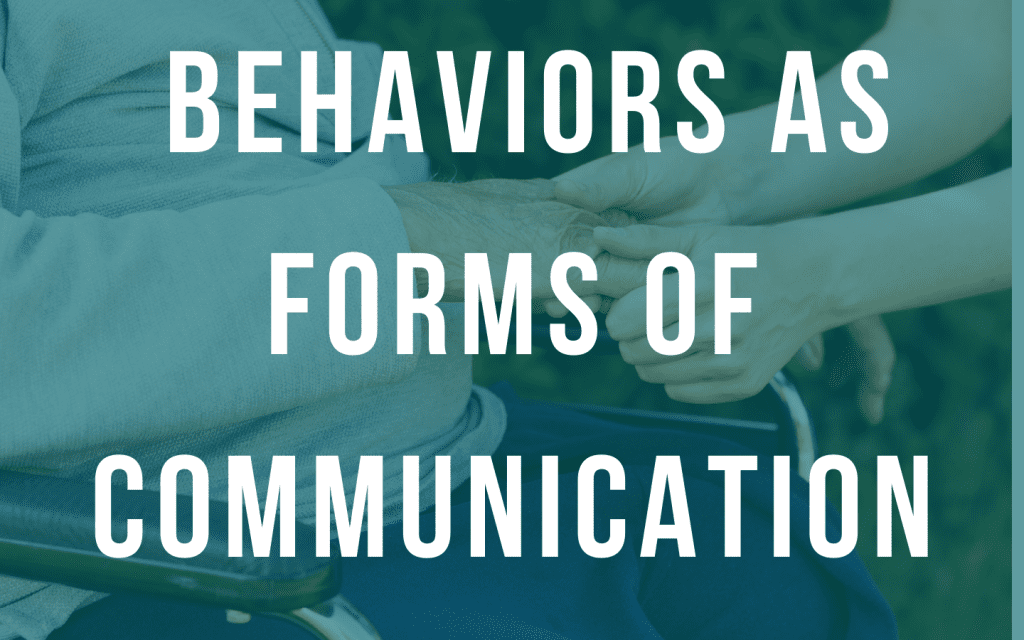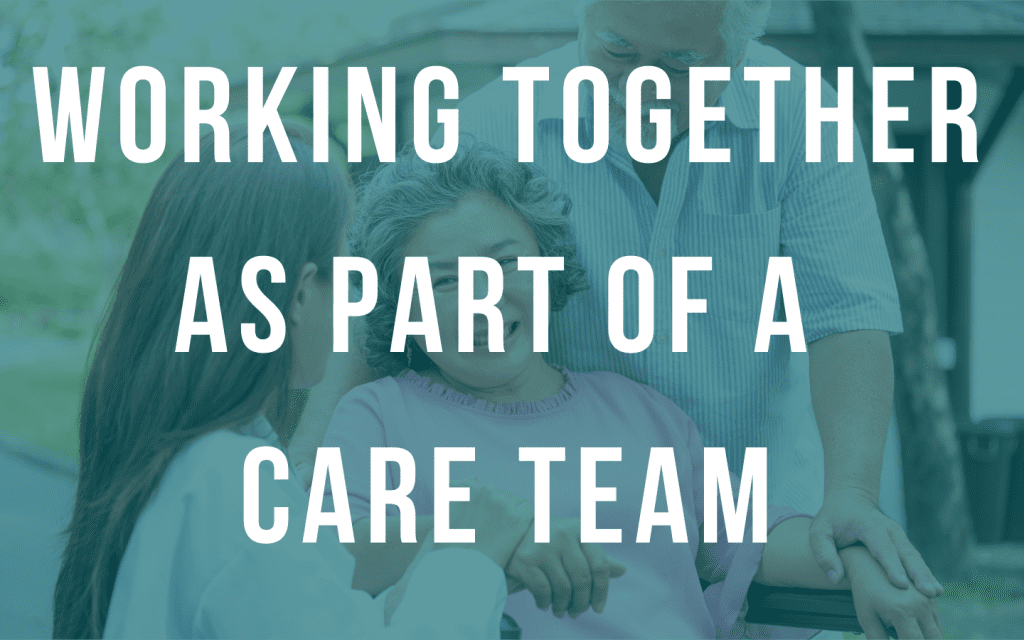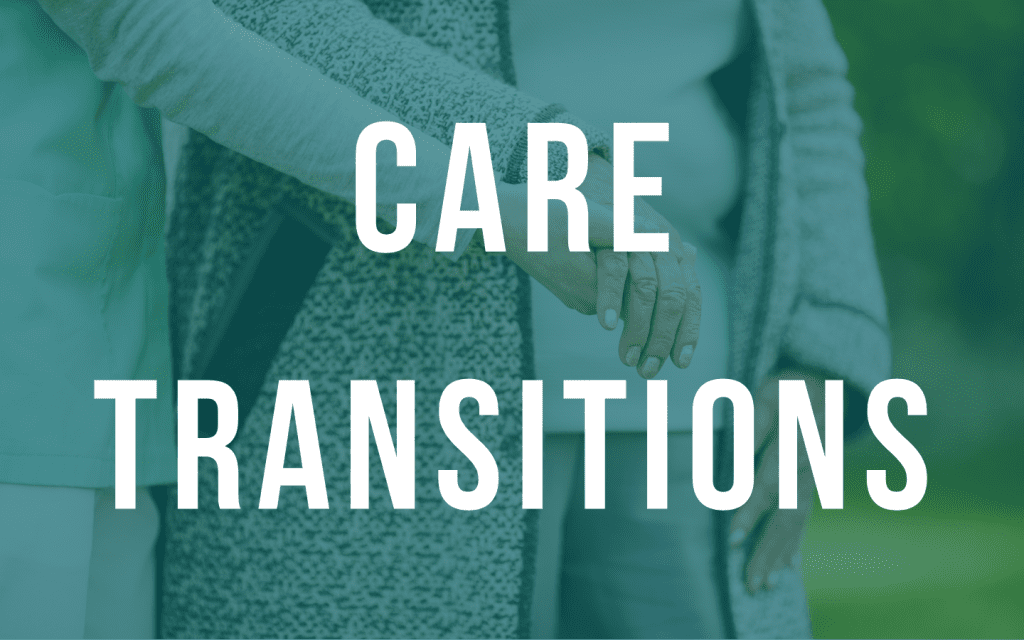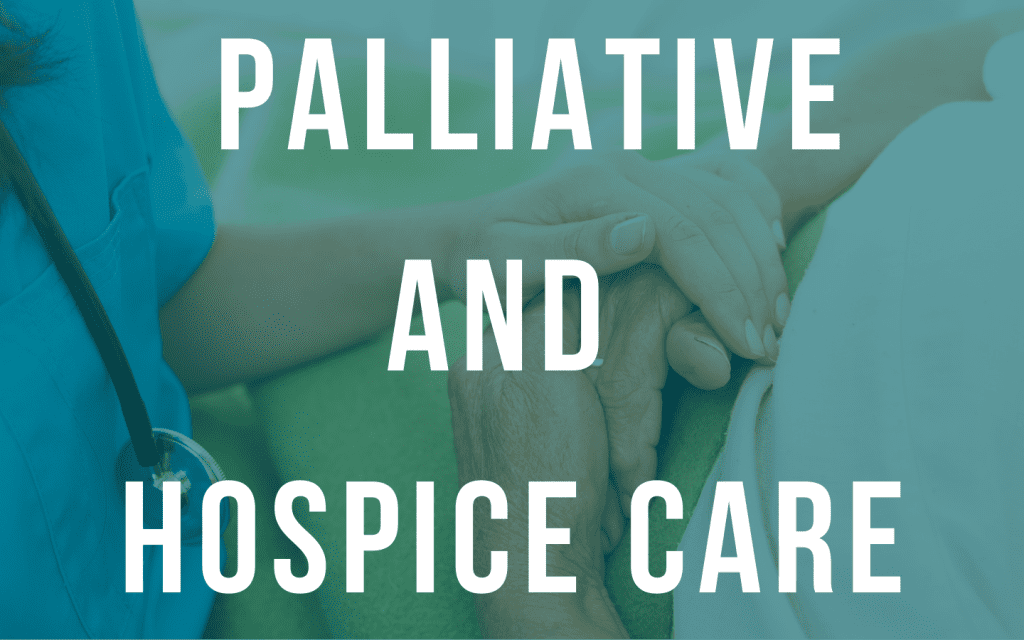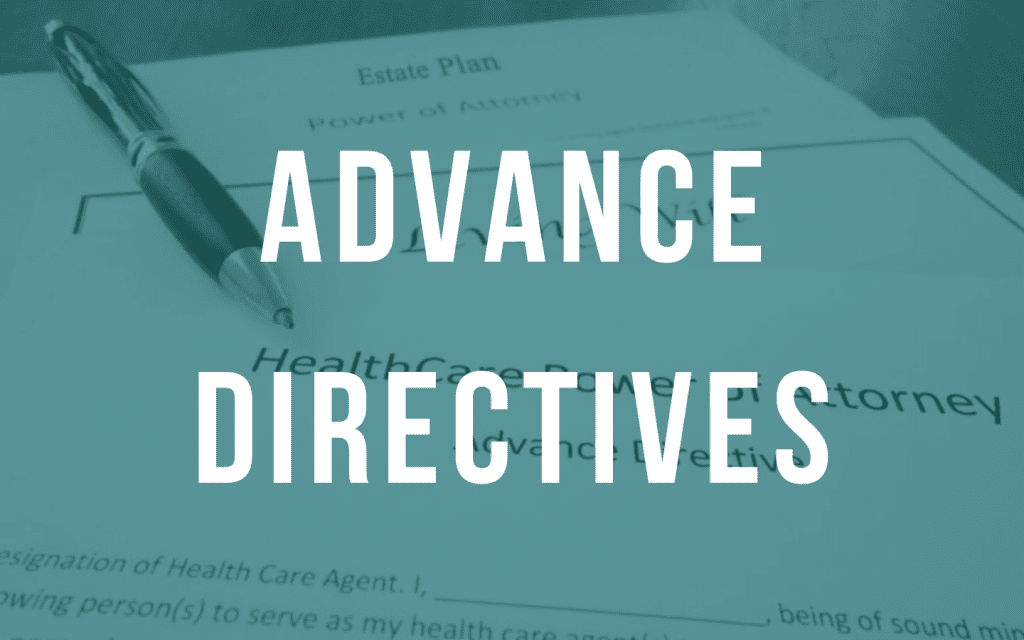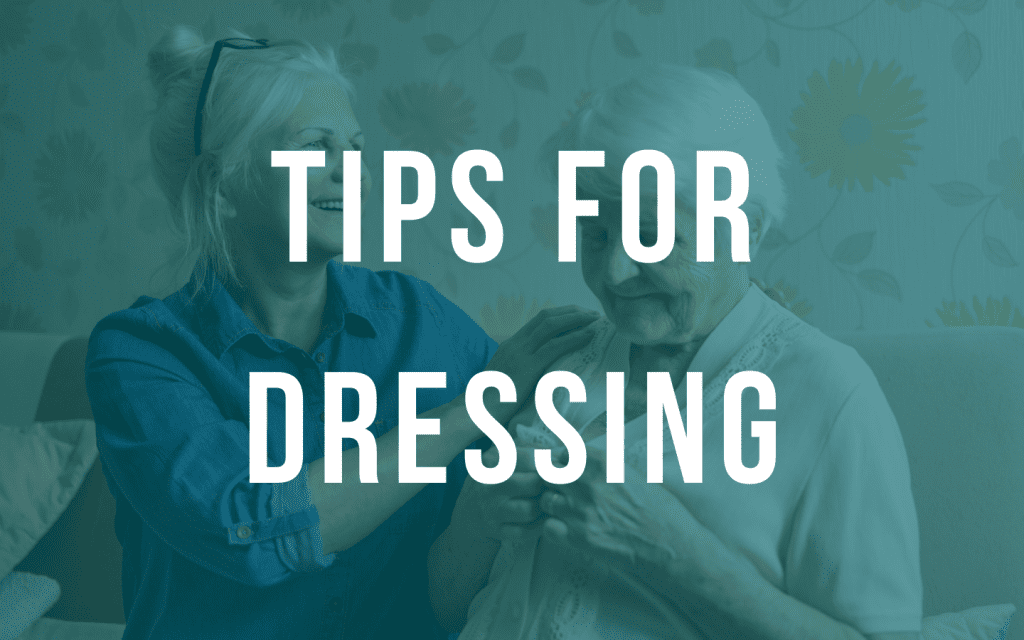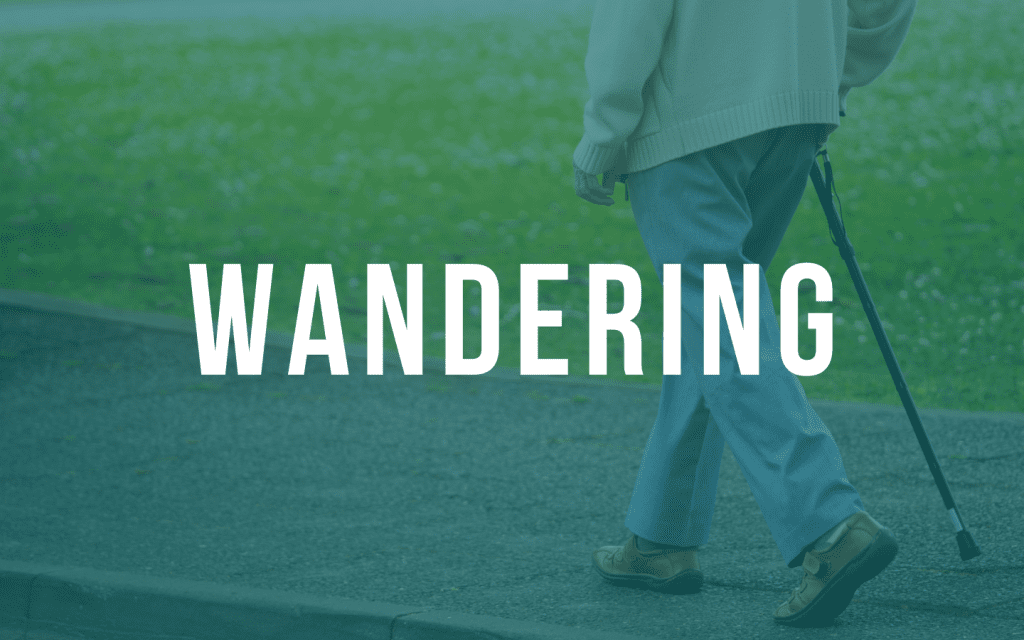Alzheimer’s & Dementia Facts & Tips
Education is vital to facilitating meaningful living for individuals with Alzheimer’s disease and their caregivers. Our licensed social workers have developed these Alzheimer’s & Dementia Facts & Tips to provide tips and strategies that caregivers can incorporate into their routines.
Have specific questions?
AFA’s National Toll-Free Helpline is open from 9 a.m. to 9 p.m. (ET) seven days a week to answer questions and provide referrals to local resources. Connect by calling 866-232-8484 or live chat by clicking the blue icon in the lower right hand corner of the page.
About Dementia
Learn about the different types of dementia, how it impacts people, how to identify them by watching for the warning signs & symptoms, and more.
What is Alzheimer’s Disease?
Learn the definition, signs and symptoms, stages, and more about Alzheimer’s disease.
Dementia Warning Signs
Although each individual is unique, experts have identified common warning signs of dementia, including recent memory loss, confusion of time and place, difficulty performing familiar tasks, problems with language, and more.
10 Steps for Health Aging
Living a healthy lifestyle becomes even more important for better aging. The things we do to keep body and heart healthy—nutritious diet, physical activity, and social connections – also can help promote brain health and wellness.
10 Tips for Managing Stress
Learn about the different types of dementia, how it impacts people, how to identify them by watching for the warning signs & symptoms, and more.
Driving and Dementia
As the disease progresses, individuals are at increased risk for accidents. Learn tips to start the conversation, what to watch for, and more.
Explaining Alzheimer’s Disease to Children
When a family member or important friend has Alzheimer’s, it affects everyone close to them, including children. Learn tips tips about explaining Alzheimer’s disease to children in an age-appropriate way.
Eating Tips
Nutritional problems are common in persons with dementia. Learn tips to assist individuals living with dementia with the eating process.
End Stages of Alzheimer’s Disease
Symptoms change as the disease progresses. Learn how to manage the end stages of the disease and what to expect.
Fall Prevention
The risk of falls increases with age and can be serious problem affecting older individuals. Learn tips to prevent falls, such as utilizing nightlights throughout the house, and minimizing glare from windows and mirrors.
Getting Help With Caregiving
You are not alone. Learn about various ways to ensure you’re getting enough rest, including home care, adult day programs, facilities, family, friends and more
Getting the Most Out of a Family Meeting
Learn about how to set goals, plan, follow up, and other strategies for successful family meetings.
Incontinence
Learn about causes and tips for managing incontinence, defined as difficulty controlling one’s bladder and/or bowels.
Mild Cognitive Impairment
Learn about common signs of Mild Cognitive Impairment (MCI), the difference between MCI and dementia, contributing factors, and more.
Neuopsychiatric Symptoms
Neuropsychiatric symptoms are extremely common with dementia. This caregiver’s guide shows how to address them.
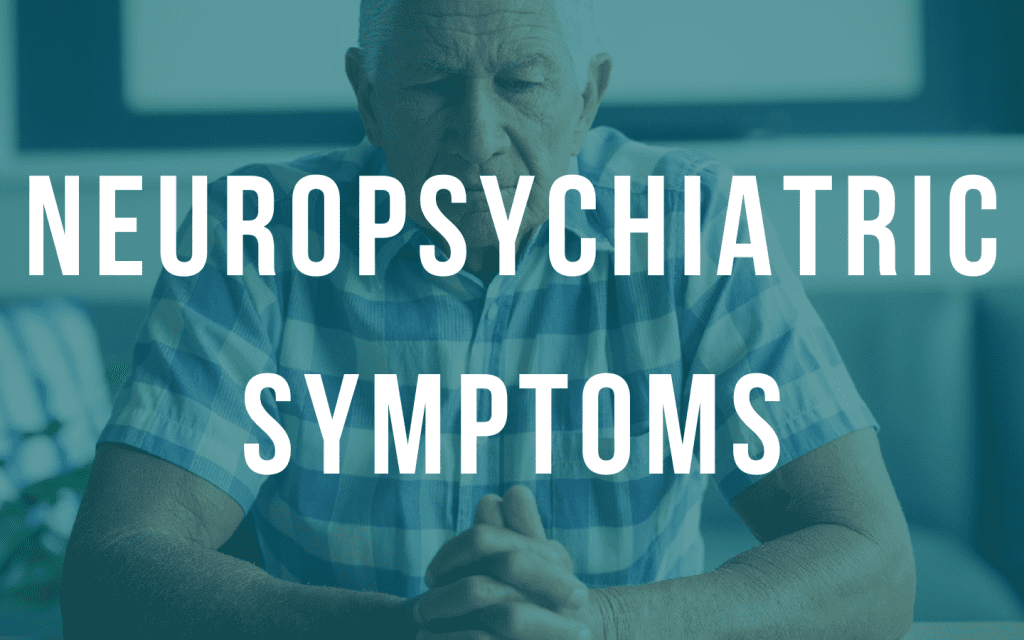
Role Changes in Young-Onset Alzheimer’s
Roles can change during a person’s Alzheimer’s journey, including family roles, financial operations, emotional regulation, and more. Learn how to anticipate and manage these role changes.
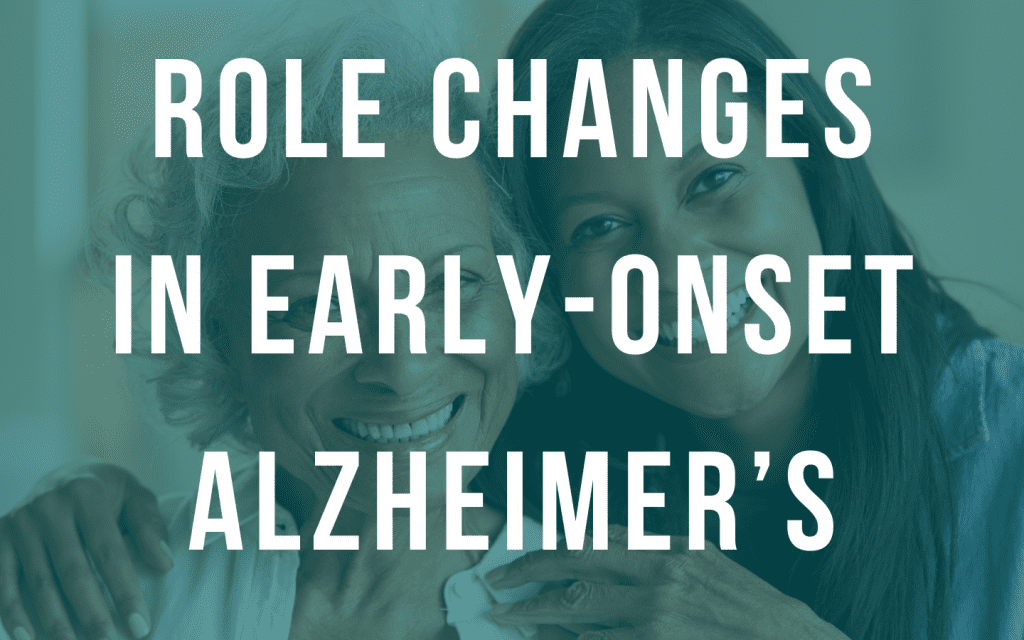
Seeing a Speech Pathologist?
Consider all options to give your loved one the best care possible. Speech pathologists ensure your loved one has all the tools they need to swallow and communicate.
Therapeutic Activities for 3 Main Stages of Alzheimer’s Disease
Different therapeutic activities are recommended for different stages. Learn the best ones for the early, middle, and late stages.
Tips For Speaking About Memory Changes
Learn tips for how to use tone, context, and patience to have tough conversations in a productive, meaningful way.
Tips for Traveling
Always keep in mind the individual’s abilities, do what you can to preserve routine, and more tips for traveling with your loved one.
Understanding Behaviors as Forms of Communication
Your loved one might be trying to tell you something about their needs, pain, or excess stimuli. Learn how to read between the lines and understand what they might be trying to tell you.
Working Together as Part of a Care Team
Learn tips for building a care team, including 1) Clarify the Purpose 2) Know the Person 3) Communicate 4) Be Open and Flexible, and more.
Language Tips
Learn about how you can consistently use person-centered, inclusive and non-stigmatizing language when talking about dementia and people living with dementia.
Care Transitions
Tips to facilitate a smooth care transition include being prepared, communication, documentation and more.
Palliative and Hospice Care: The Difference
Palliative Care is medical care that is dedicated to providing individuals relief from the symptoms, conditions, and pain that accompany a chronic disease or illness. This care can be used at any stage.
Hospice Care refers to a specialized type of palliative care for individuals who have a terminal illness with a life expectancy of six months or less.
Advance Directives
Learn about advance directives, what they are, why they’re important, the different types, how healthcare agents should be involved, and more.
Tips to Assist With Dressing
Getting dressed for the day can be a gradual process and may be a challenge for people experiencing dementia related illness, such as Alzheimer’s disease. Learn about some strategies to help care partners assist their person with dressing:
Wandering
Wandering is a common behavior among individuals living with a dementia-related illness. It is also potentially dangerous. Learn what to watch for to prevent wandering.


